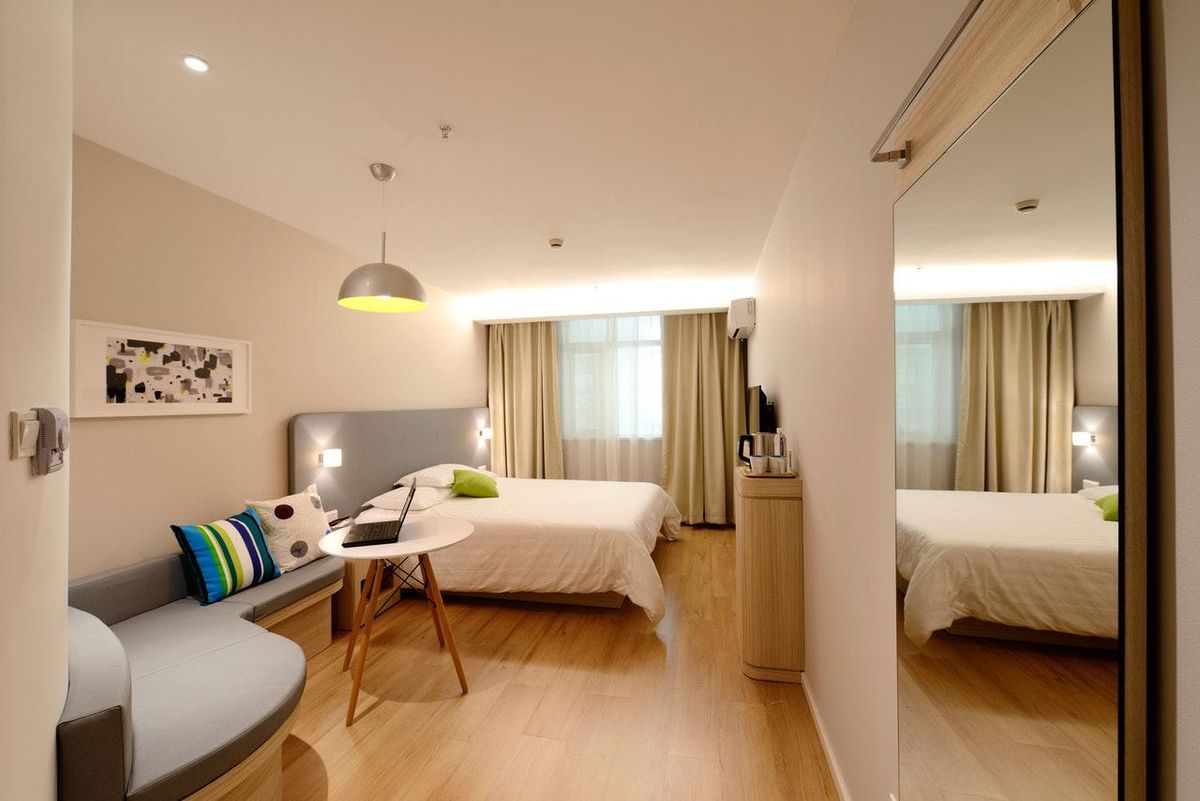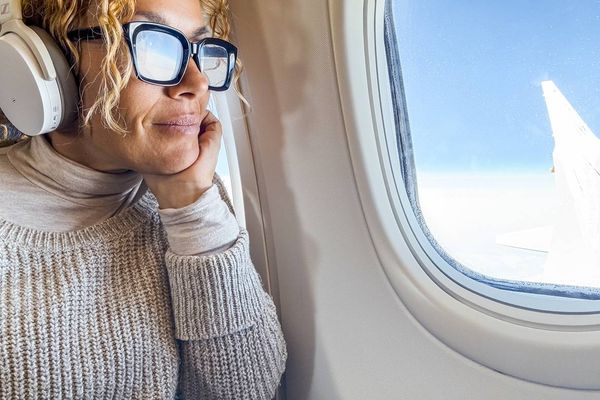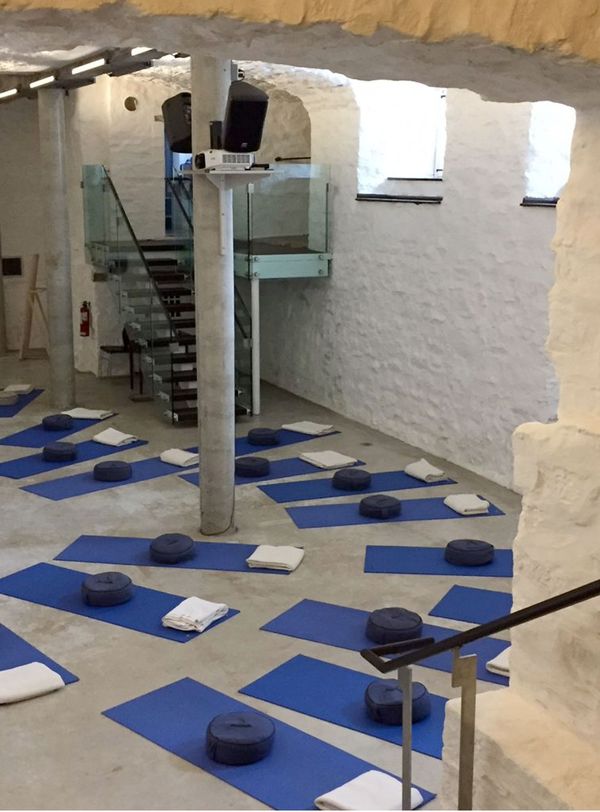With summertime usually comes vacation time. And with that comes time spent in hotels (unless you're lucky enough to have willing hosts with big homes and hearts).
I just got finished reading about new findings from researchers at the University of Houston on the most contaminated surfaces in hotel rooms, and all I can say is…eww.
After sampling 19 surfaces in three hotel rooms in three states (Texas, Indiana and South Carolina) and testing for total aerobic bacteria and fecal bacteria on each of the surfaces, the researchers found two that were most troublesome: the TV remote (no surprise there) and the bedside lamp switch (I wouldn't have thought of that one). Surprisingly, the lowest contamination was found on bathroom door handles (I'm hoping that means people are washing their hands after they use the toilet). Also low on the contamination list were the bed headboard and the curtain rods.
Researchers can't say that this bacteria can definitely cause disease, but it is a reliable indicator of overall cleanliness. All of us should be wary, especially people whose systems are immunocompromised—they're more susceptible to infection. That includes those who are pregnant; have infections like AIDS; have certain cancers like leukemia, lymphoma or multiple myeloma; have chronic diseases like diabetes or cirrhosis; are undergoing chemotherapy or radiation or are on certain medications; or have an immune disorder or inherited genetic defect.
What was troubling was that the researchers found the danger of cross-contamination coming from housekeeping carts. In other words, items from the housekeepers' carts, like sponges and mops, could spread bacteria from room to room. Katie Kirsch, an undergraduate at the University of Houston, who presented the study, said that although this study is preliminary and is limited by the sample size, it is hopefully "just the beginning of a body of research that could offer a scientific basis to hotel housekeeping."
Hotel housekeepers clean anywhere from 14 to 16 rooms per eight-hour shift, and spend about 30 minutes on each room. Perhaps this information, in the hands of hotel housekeeping managers, can allow them to instruct their staff to concentrate more on the potentially harmful areas of each room and take more careful measures with their cleaning tools.
In the interim, it's probably best, when you pack your suitcase, to throw in some hand sanitizer and/or some sanitizing wipes and spend a few minutes walking around the room, acting as your own personal housekeeper.
You might also want to read:
Surprising Places Germs Hide Out
Healthy Travel Essentials







